Nadeem–Shravan
Biography
Nadeem–Shravan was an Indian music directors duo in the Bollywood film industry of India. They derive their name from their first names as, Nadeem Akhtar Saifi (born 6 August 1954) and Shravan Kumar Rathod (13 November 1954 – 22 April 2021).
Nadeem–Shravan was the most successful Bollywood music director of the 1990s until the early 2000s. They displayed a strong influence of Hindustani (classical / semi-classical) music in their compositions and were the only composers during the 1990s and 2000s who relied heavily on three particular instruments: the bansuri, the sitar, and the shehnai in almost all of their songs.
By using these instruments in a modern way without disconnecting them from their original value, their contribution is unique compared to some rising music directors evolving a new music style beginning in the mid-1990s. They are considered one of the most successful and greatest music composers in Hindi cinema history.
Their breakthrough soundtrack album was Aashiqui (1990), which sold 20 million units in India, and became the best-selling Bollywood soundtrack album of all time. Nadeem–Shravan was also behind many of the other best-selling Bollywood soundtrack albums of the 1990s.
Their success helped establish the music label T-Series. The duo's career temporarily came to a halt with the murder of T-Series founder Gulshan Kumar by Mumbai underworld syndicate D-Company, with Nadeem Akhtar Saifi initially accused of involvement, before later being exonerated. The duo eventually made a comeback in the 2000s.
Nadeem–Shravan composed soundtracks for many Hindi films, including Aashiqui (1990), Saajan (1991), Phool Aur Kaante (1991), Sadak (1991), Deewana (1992), Dil Hai Ke Manta Nahin (1991), Dil Ka Kya Kasoor (1992), Sapne Sajan Ke (1992), Damini (1993), Hum Hain Rahi Pyar Ke (1993), Rang (1993), Dilwale (1994), Aatish: Feel the Fire (1994), Salaami (1994), Raja (1995), Barsaat (1995), Agni Sakshi (1996), Jeet (1996), Raja Hindustani (1996), Pardes (1997), Judaai (1997), Naseeb (1997), Maharaja (1998), Aa Ab Laut Chalen (1999), Sirf Tum (1999), Dhadkan (2000), Kasoor (2001), Hum Ho Gaye Aapke (2001), Yeh Dil Aashiqanaa (2002), Raaz (2002), Dil Hai Tumhaara (2002), Dil Ka Rishta (2003), Andaaz (2003), Qayamat: City Under Threat (2003), Tumsa Nahi Dekha (2004) and Bewafaa (2005), among others.
Their most commonly featured and favorite singers include "Trimurti" Kumar Sanu, Alka Yagnik, and Udit Narayan but other Hindi playback singers like Anuradha Paudwal, Kavita Krishnamurthy, Sonu Nigam, Sadhana Sargam, Poornima, Jaspinder Narula, K. S. Chithra, S. P. Balasubrahmanyam, Hariharan, Suresh Wadkar, Pankaj Udhas, Mohammed Aziz, Sudesh Bhosle, Shailendra Singh, Shabbir Kumar, Nitin Mukesh, Roop Kumar Rathod, Vinod Rathod, Abhijeet, Shaan, KK, Gurdas Maan, Shankar Mahadevan, Babul Supriyo, Manhar Udhas, Bali Brahmbhatt, Jolly Mukherjee, Sapna Mukherjee, Alisha Chinoy, Anwar, Vijay Benedict, Sunanda, Sapna Awasthi, and many others have sung under their baton. Veteran singer Mohammed Rafi also sang for them in their film Dangal and Kishore Kumar in the film Ilaaka. Singers Lata Mangeshkar and Asha Bhosle also sang in a few albums for the duo.
Known for
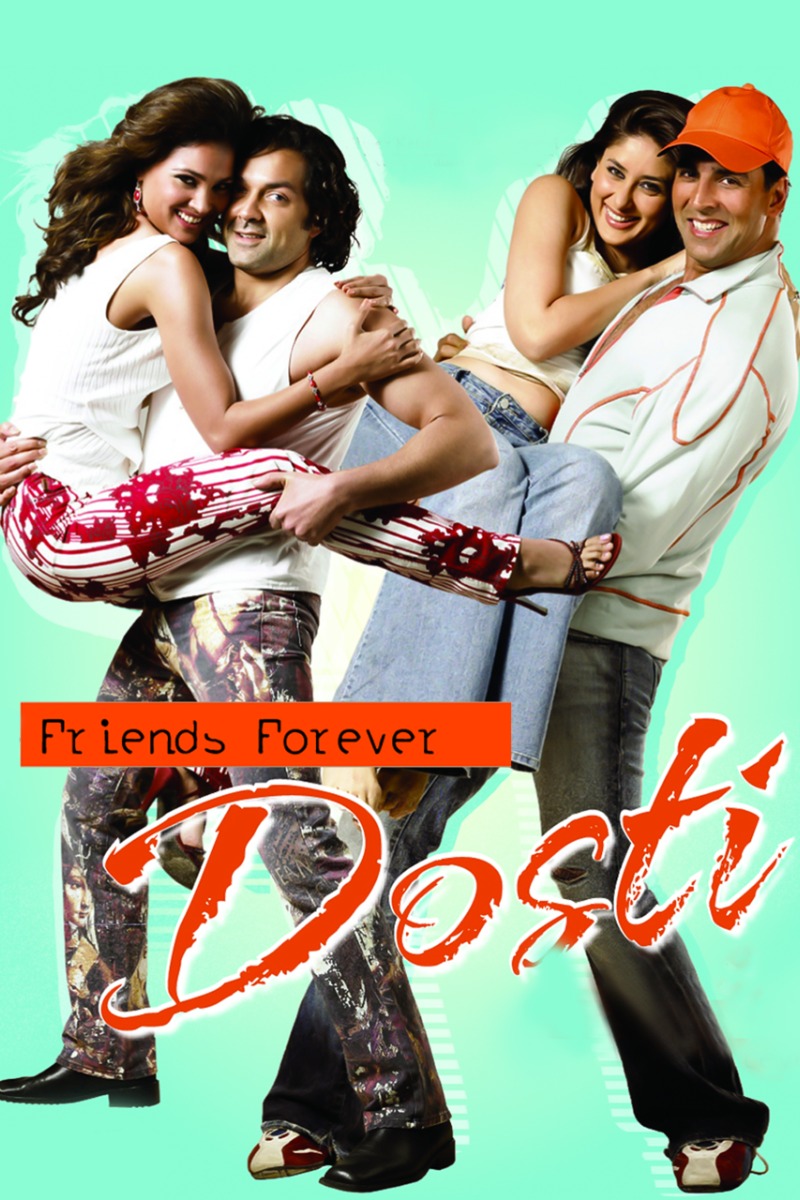
Dosti: Friends Forever
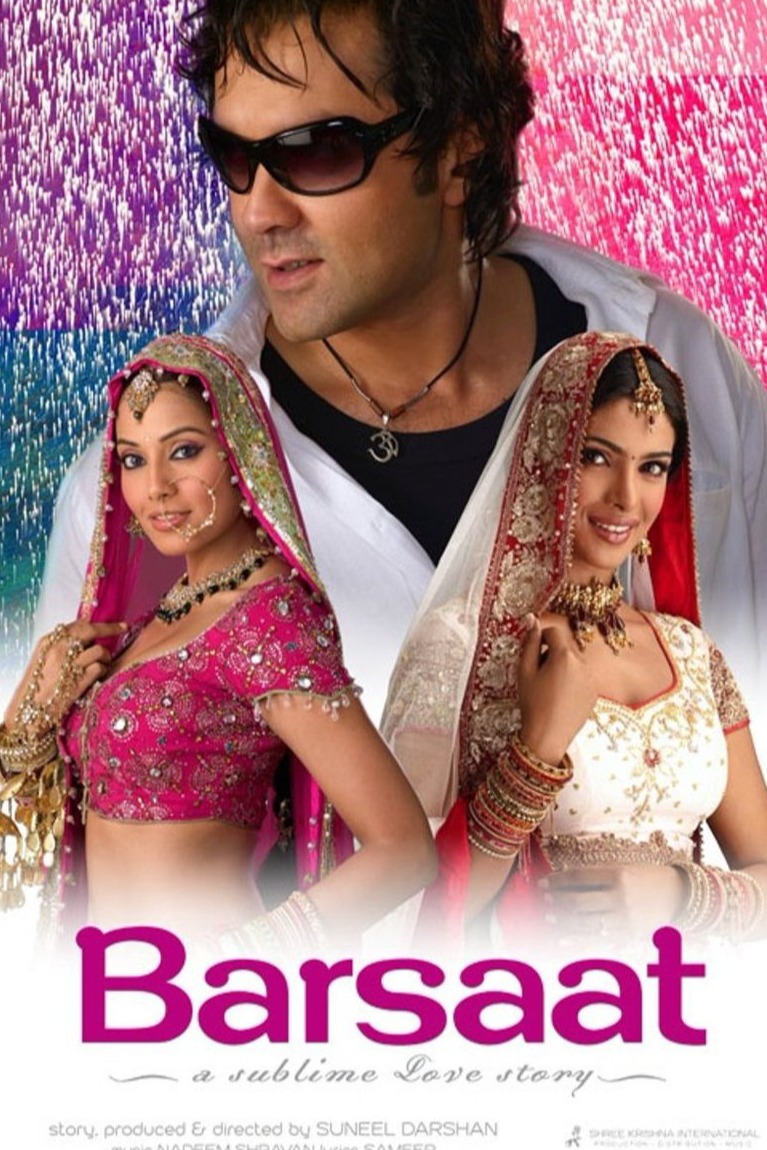
Barsaat: A Sublime Love Story
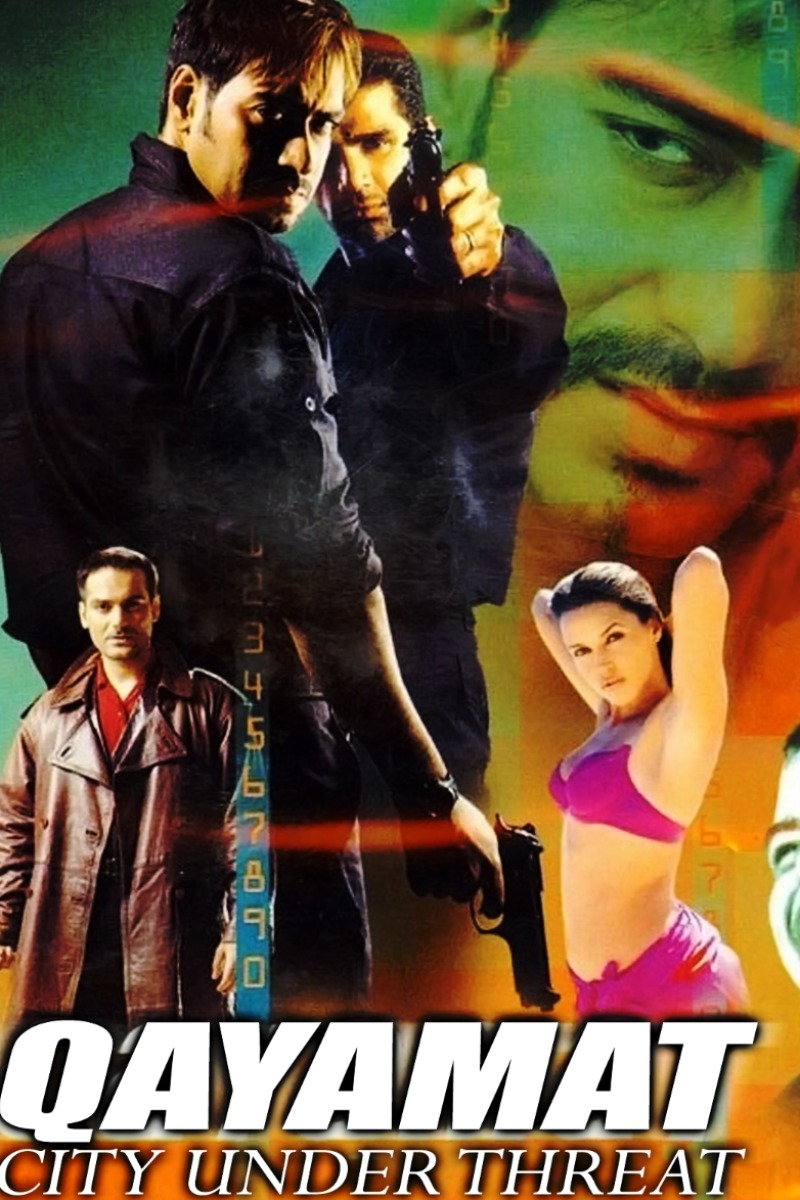
Qayamat: City Under Threat
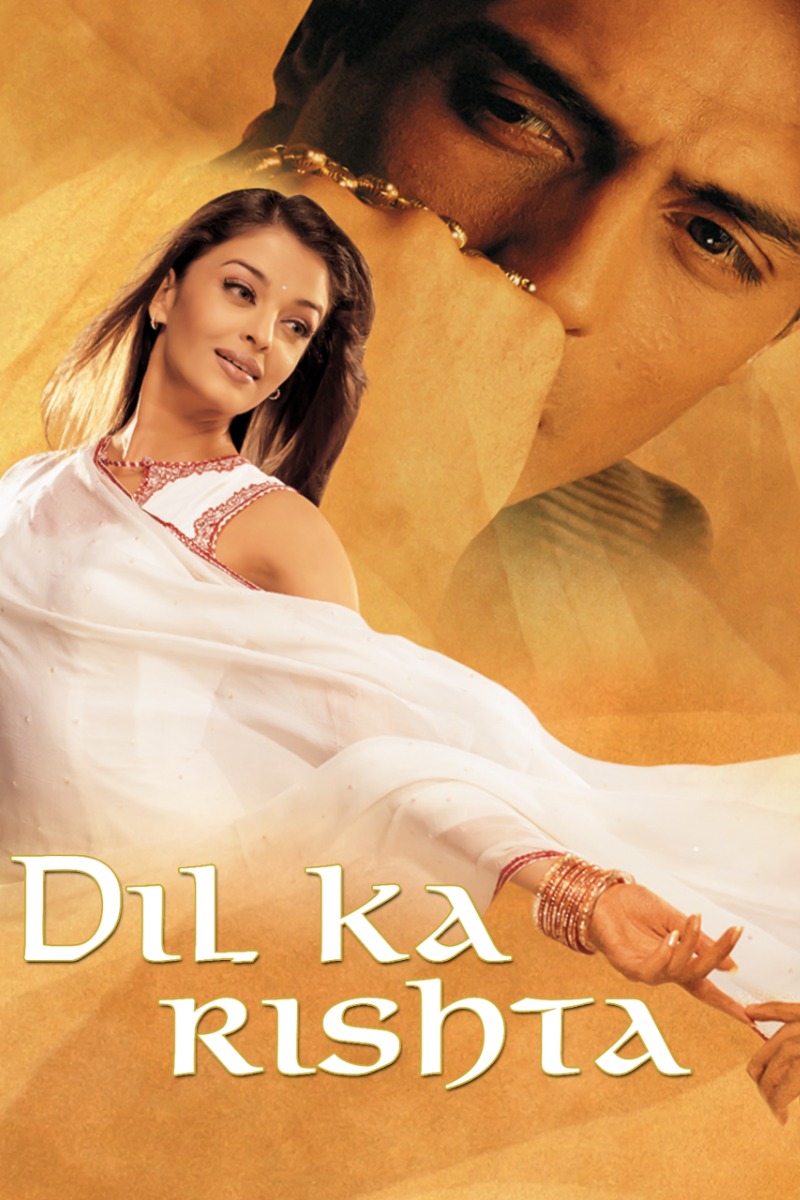
Dil Ka Rishta
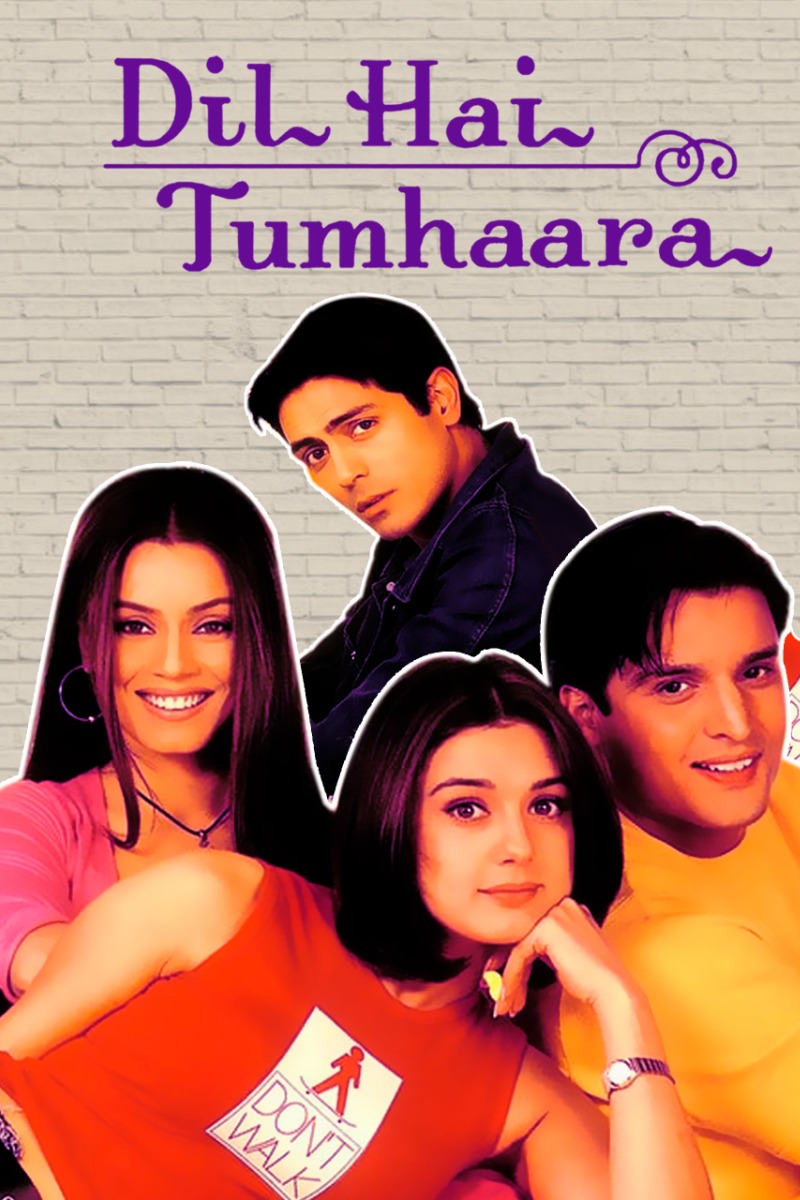
Dil Hai Tumhaara
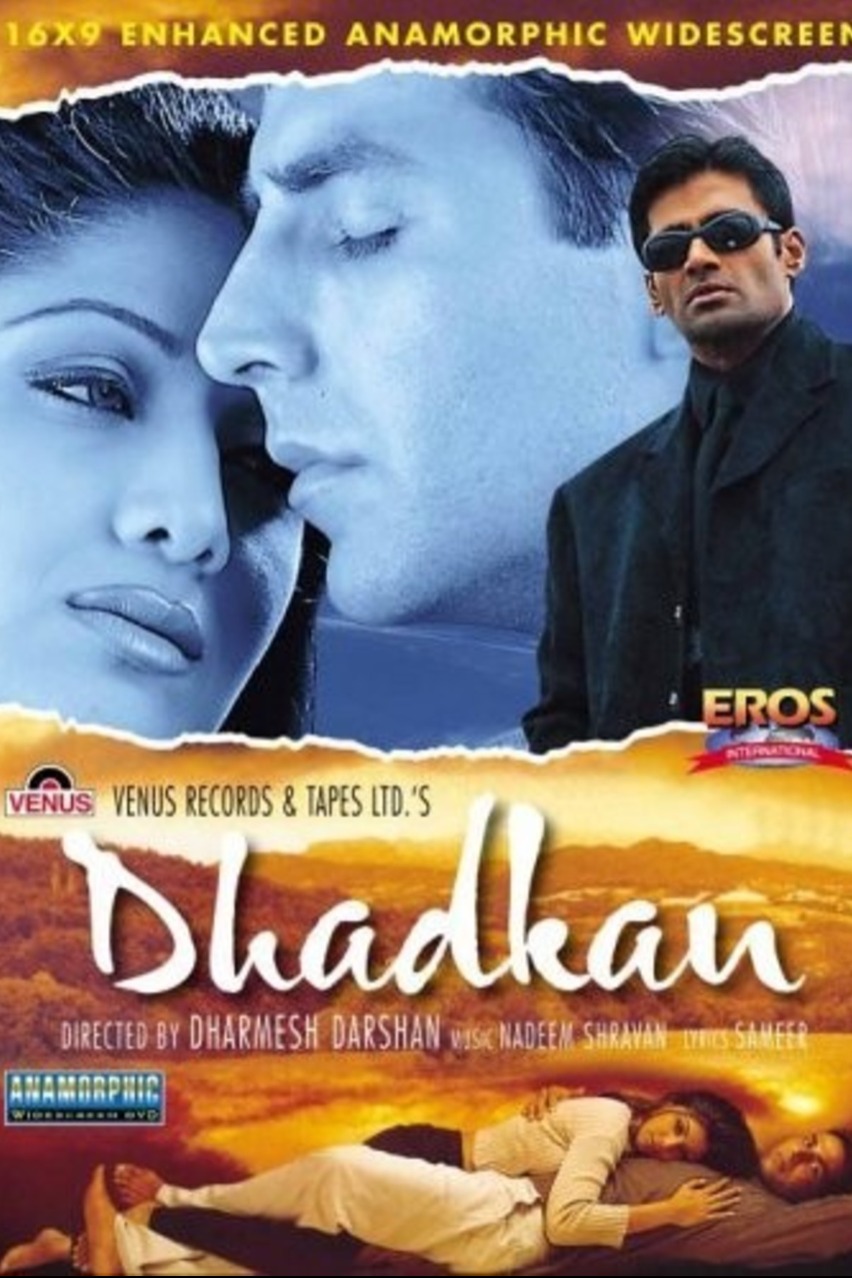
Dhadkan

Sirf Tum
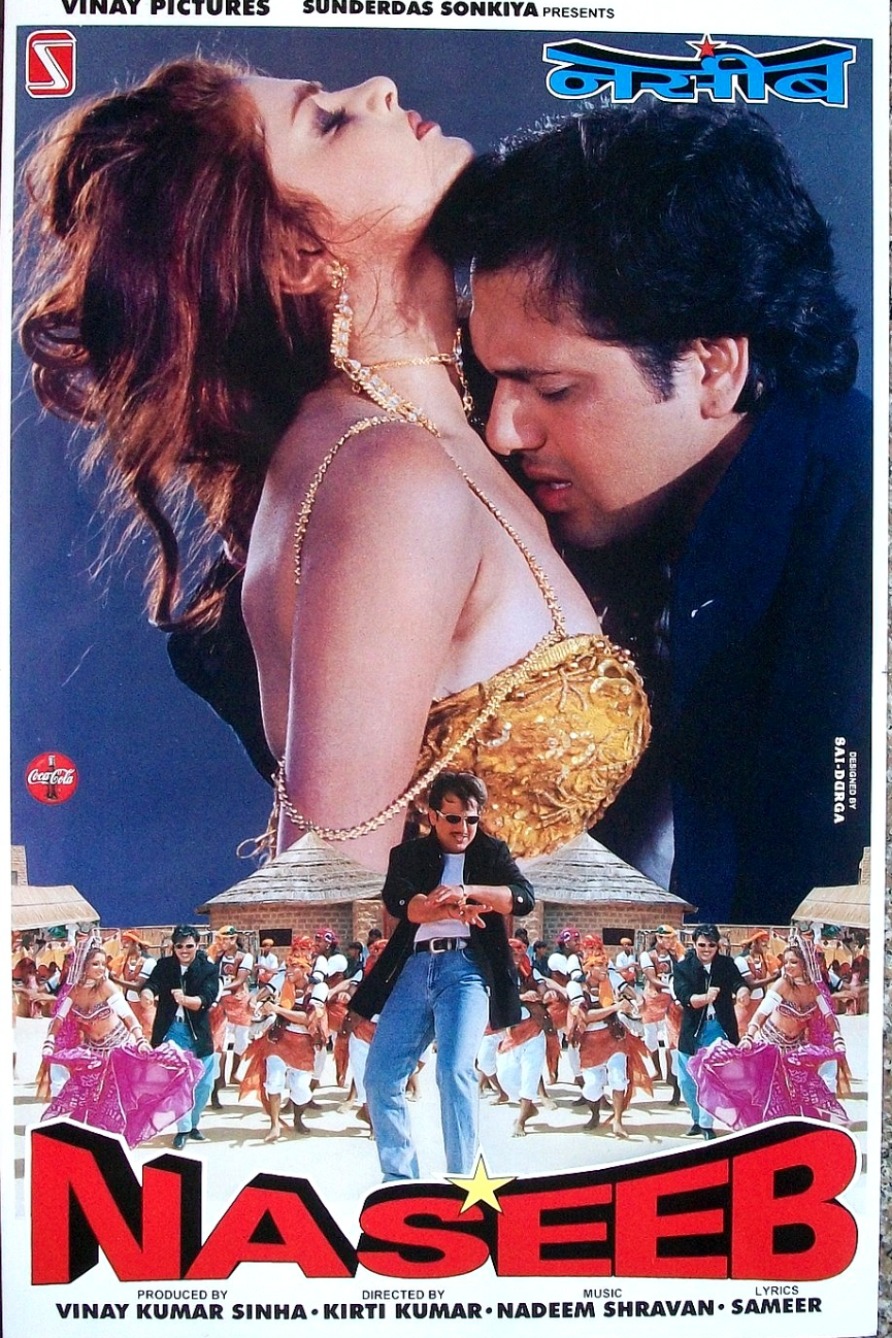
Naseeb
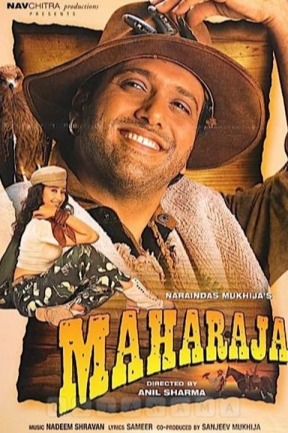
Maharaja

Raja Hindustani

Jeet
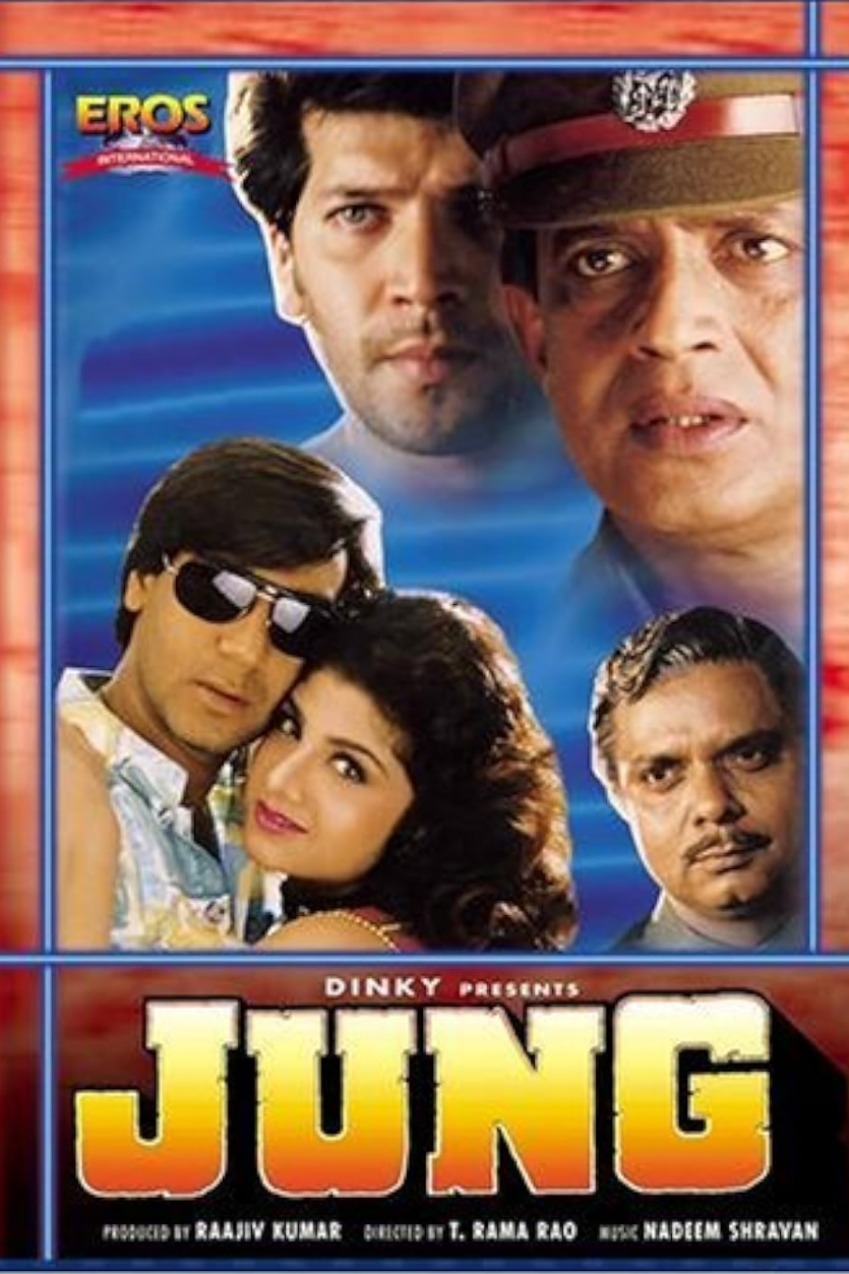
Jung

Majhdhaar
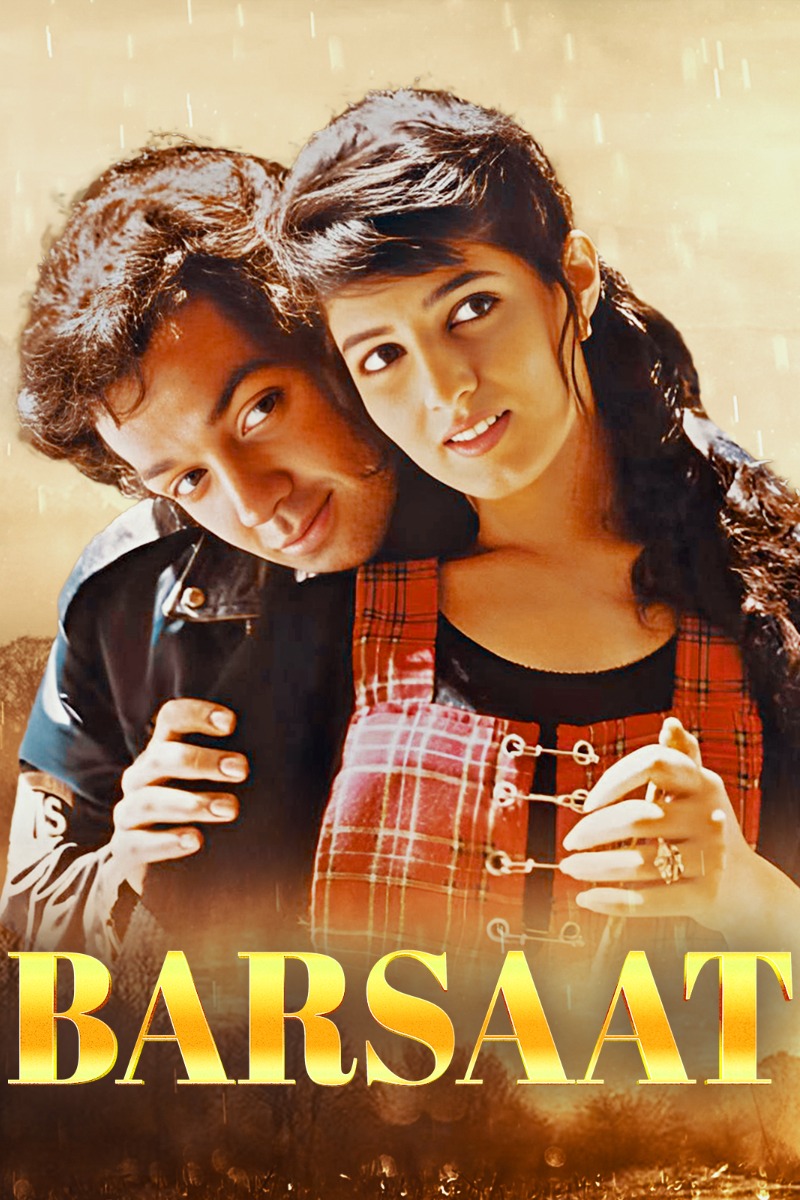
Barsaat
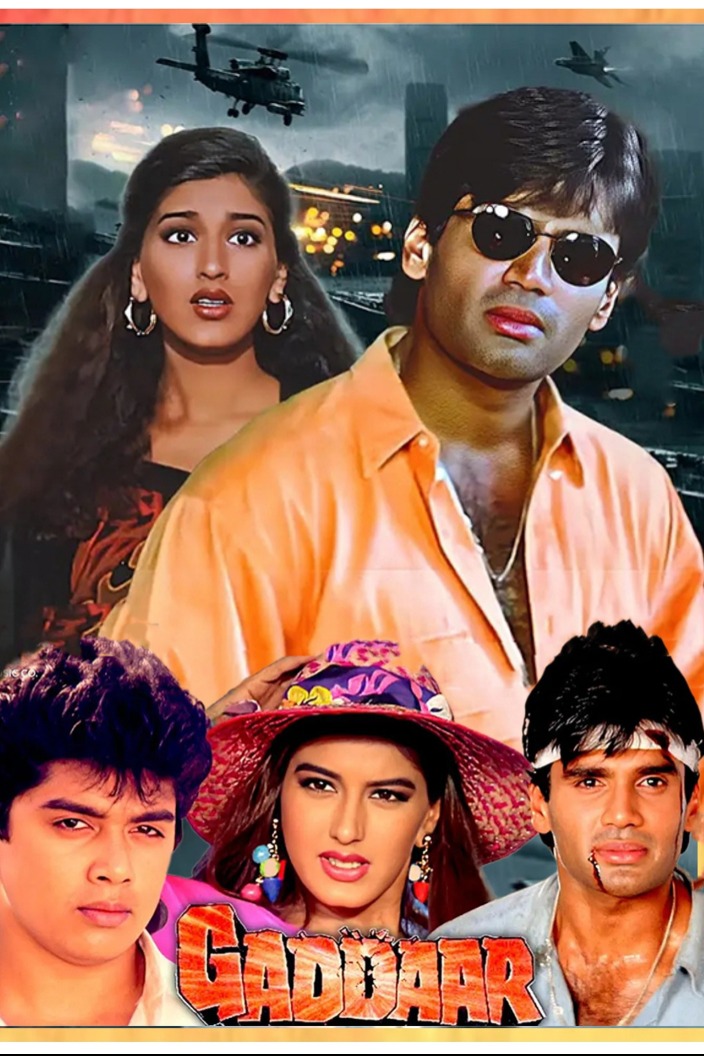
Gaddaar
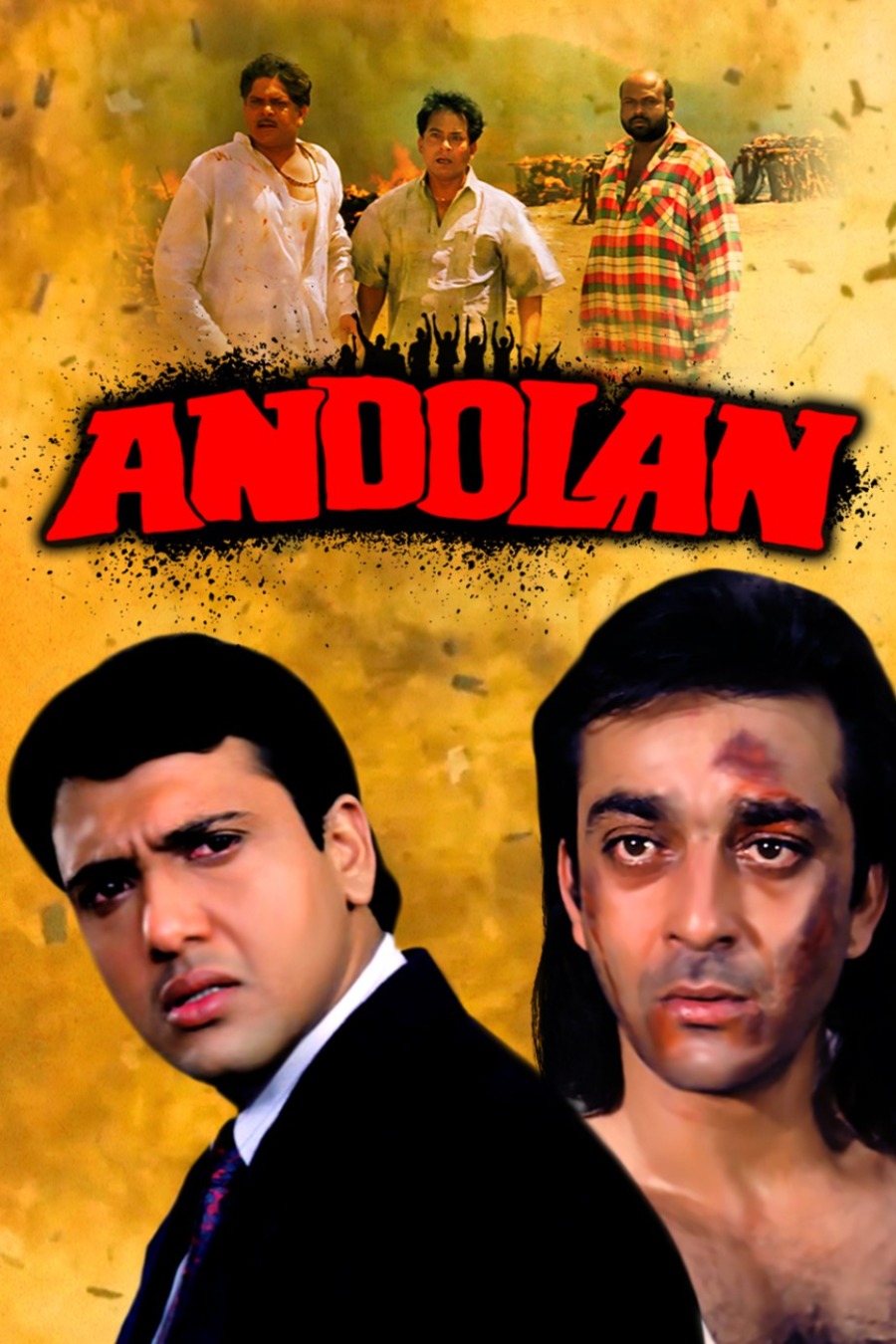
Andolan
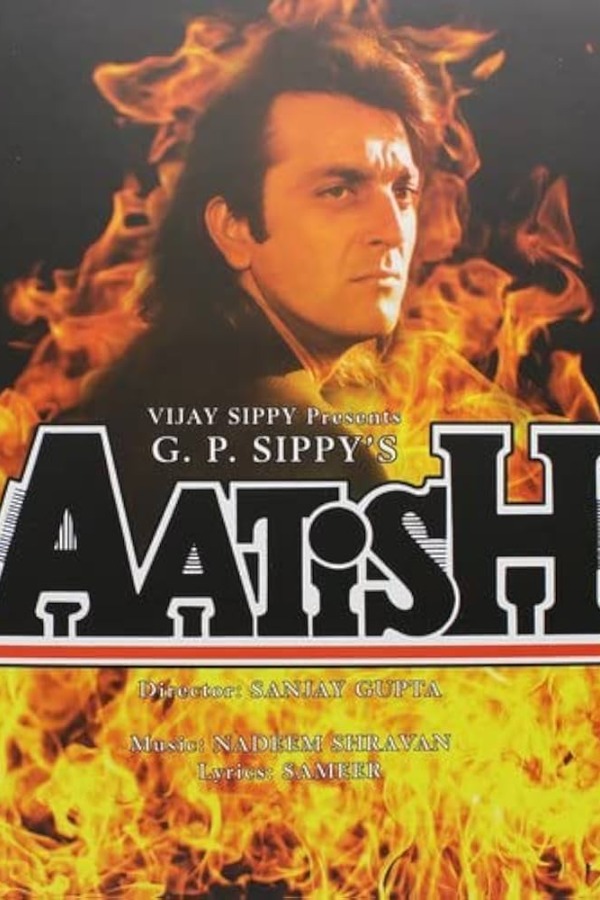
Aatish: Feel the Fire

Dil Tera Aashiq

Hum Hain Rahi Pyar Ke
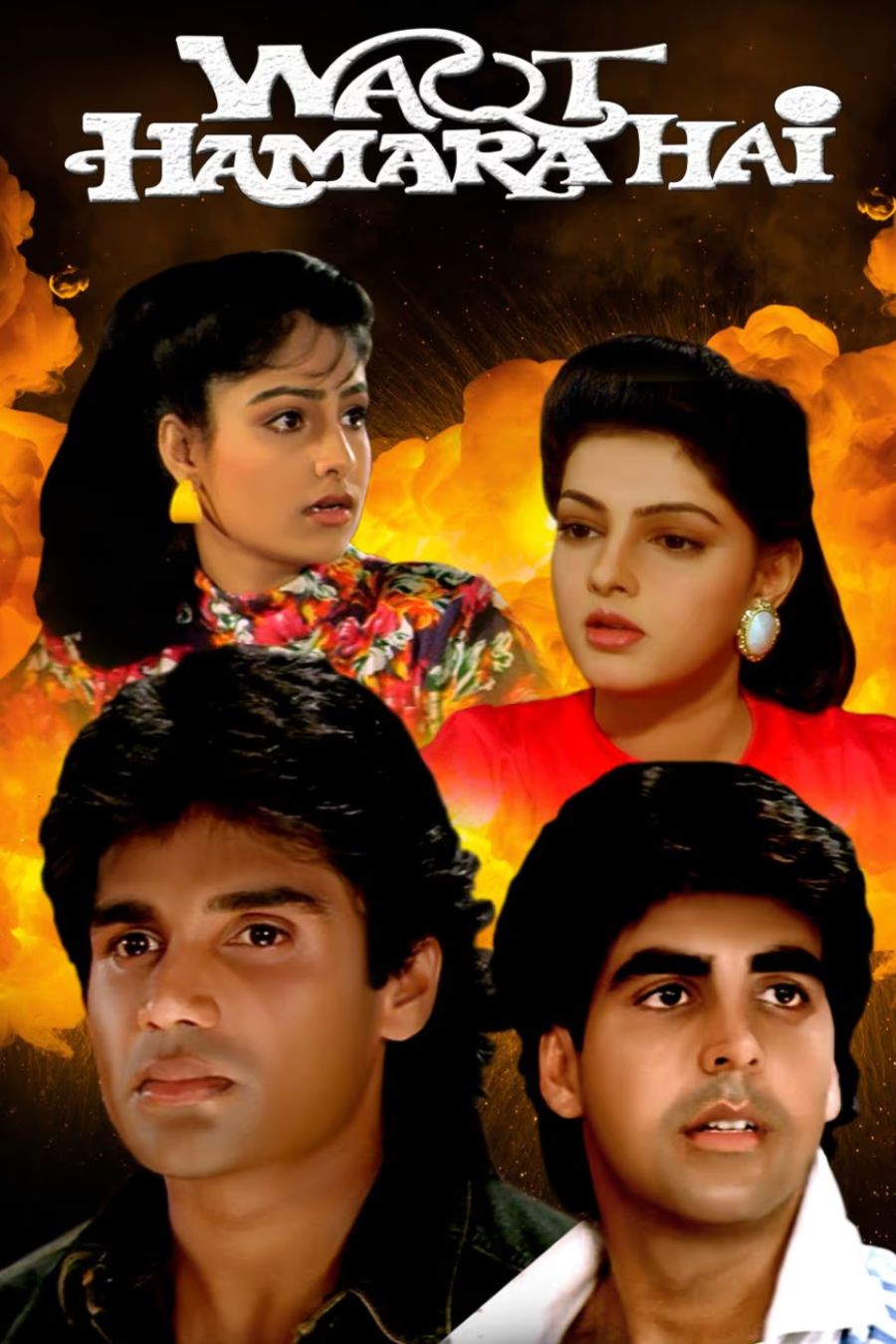
Waqt Hamara Hai

Deewana
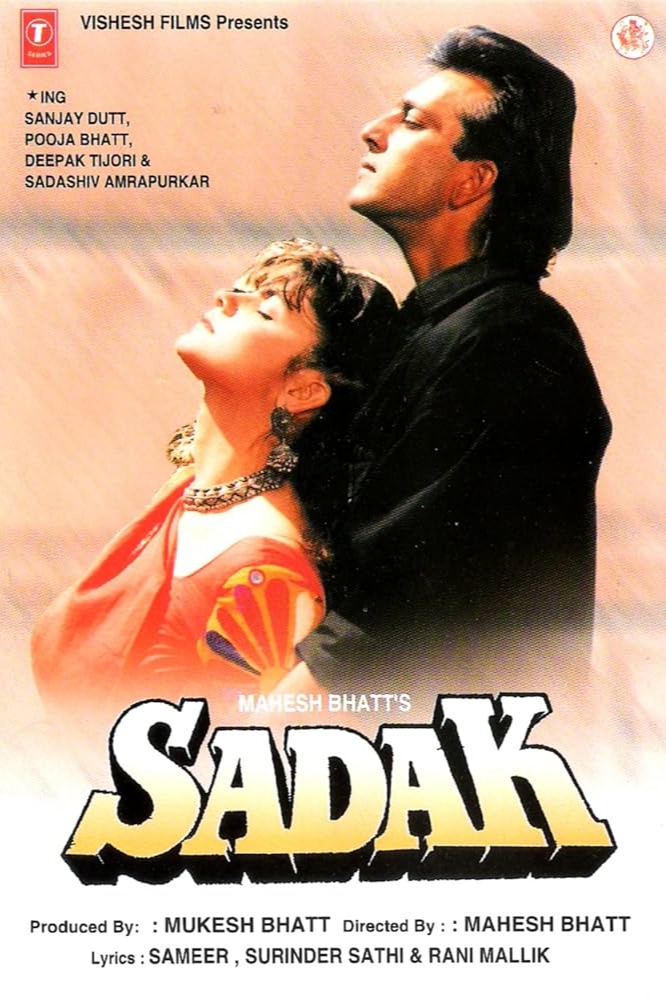
Sadak
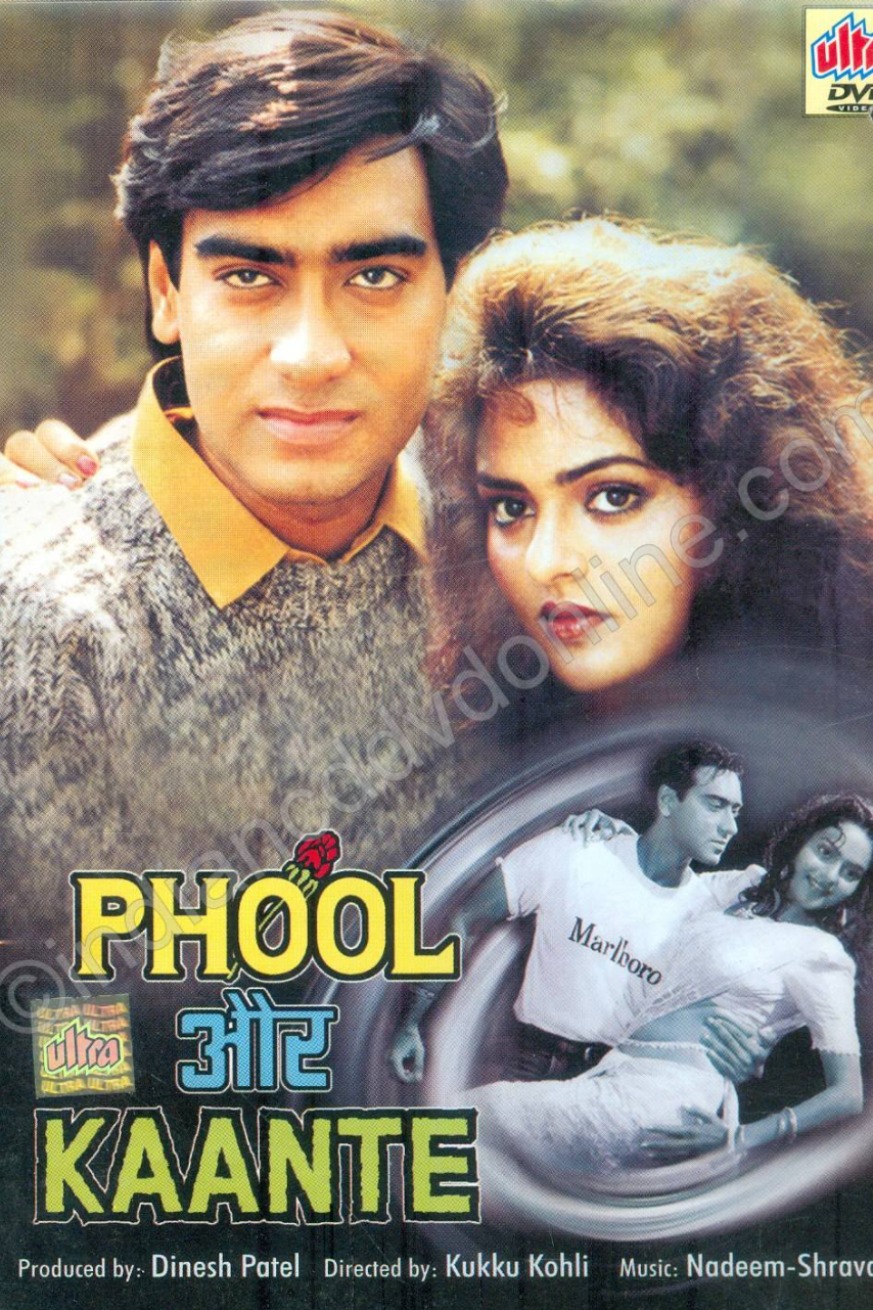
Phool Aur Kaante

Saajan

Dil Hai Ke Manta Nahin
